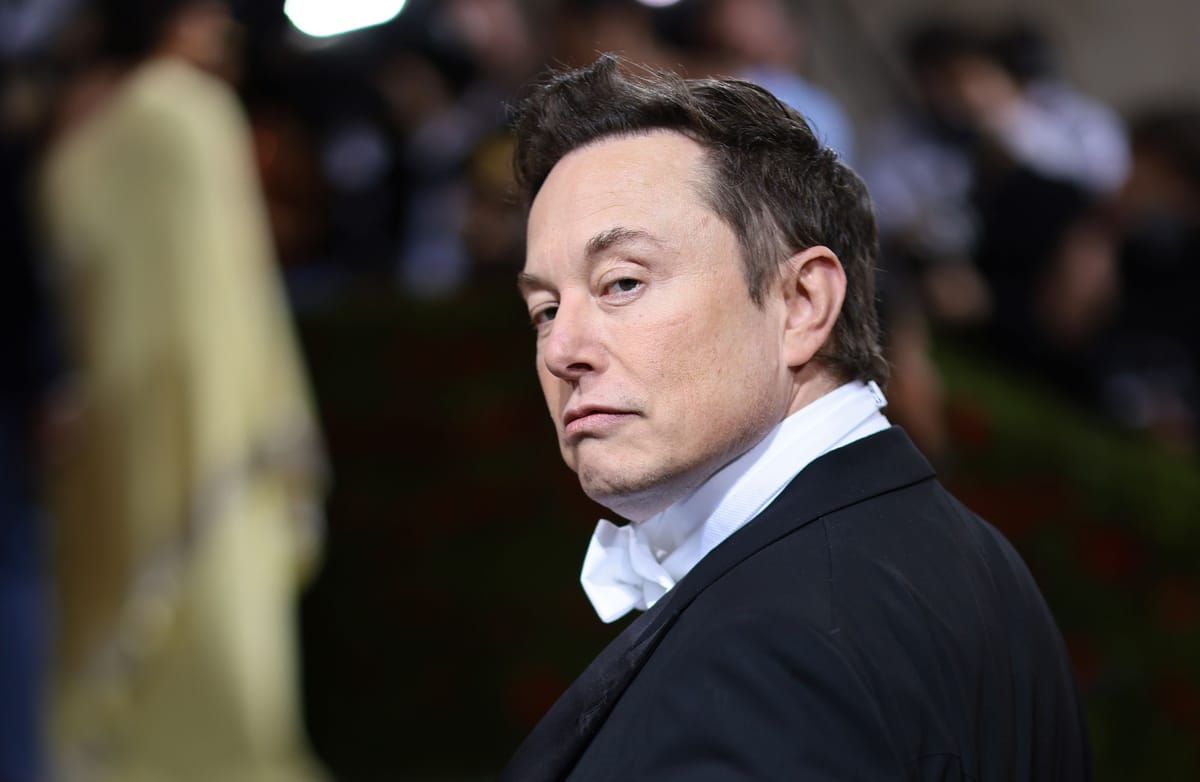Elon Musk's AfD Kingmaking is Distributed Dictatorship in Action
Tech billionaires like Elon Musk are transforming their platforms into global political tools, leveraging centralized control over information to reshape political discourse and consolidate unprecedented power.

The world's richest man hosted AfD leader Alice Weidel in a live Twitter Spaces discussion on Thursday, where he praised her party's nationalist agenda and debated Adolf Hitler's political alignment. The broadcast marked Musk's third public endorsement of Germany's far-right party this month, following his posts on X and an opinion piece in Welt am Sonntag urging Germans to vote AfD in the February elections.
The AfD has built its brand on xenophobia, climate change denial, and anti-democratic rhetoric. Its leaders call for dismantling Germany’s renewable energy commitments, demand strict anti-immigration policies, and routinely indulge conspiracy theories. Their pushback against the foundations of Germany’s post-war democratic order has earned them praise from extremist groups—and now, the support of one of the world’s most influential tech billionaires.
Musk’s endorsement amplifies the AfD’s message and follows a wider pattern of tech moguls using their platforms to reshape global politics. Peter Thiel funds political candidates and once steered a vice-presidential selection. Eric Schmidt’s consultancy work positions him as a defense-policy power broker. Marc Andreessen outlines frameworks for AI governance with potential geopolitical impact. Musk, who once claimed Twitter would be “politically neutral,” now openly promotes political figures around the world.
In previous generations, industrial giants like Andrew Carnegie and John D. Rockefeller influenced public policy through lobbyists, campaign contributions, and control of traditional media. Today’s tech magnates come armed with massive distribution capabilities built into the platforms themselves. Their ability to reach hundreds of millions of users in seconds magnifies their power.
Network effects reinforce this dominance, helping tech leaders convert market clout into political might. Platforms like X can effectively act as their own nation-like entities, with Musk beating a path to what could be called the “Distributed Dictator”: in a hyperconnected environment, those who control primary channels of information inevitably become significant political actors, whether they intend to or not.
Centralized oversight of leading communication platforms grants tech moguls the authority to determine what information gains visibility. Instead of the “public squares” they claim to be, these platforms are privately owned systems that can shape political systems to fit the values—or whims—of their owners. The facade of neutrality has faded as these individuals embrace the extent of their influence.
Traditional governments anchor their power in geography and central authority. But platform-driven influence crosses borders while preserving the centralized control of information flow. A tech platform may be subject to national regulations while simultaneously shaping political dialogue within those same nations. It's a dynamic that leaves standard political frameworks unprepared to restrain or even address such transnational power.
Even if today’s prominent owners were to refrain from politics (unlikely considering the power it grants them) the centralized nature of these platforms ensures their future owners would yield similar authority. As long as vital communication infrastructure remains under private control, the temptation to direct political discourse persists.
Musk’s support for the AfD confirms that barriers between tech platforms and political power centers have already vanished. A new brand of authoritarian influence is taking shape, concentrated in the hands of unelected individuals who govern attention and information instead of armies.
This is the era of “Distributed Dictators”: they don’t stage coups. They buy platforms, assume control of the digital realm, and wield their proprietary tools of mass communication to reshape politics in their image.


